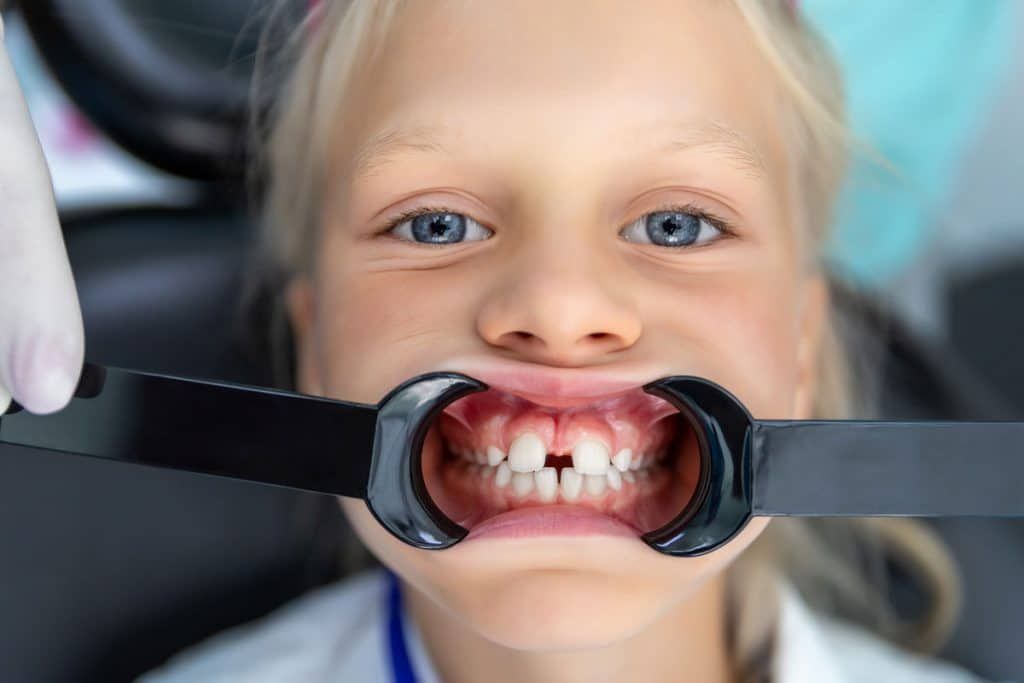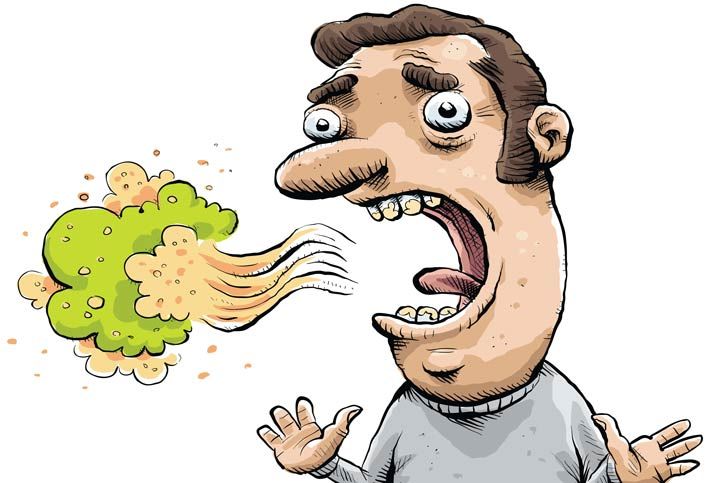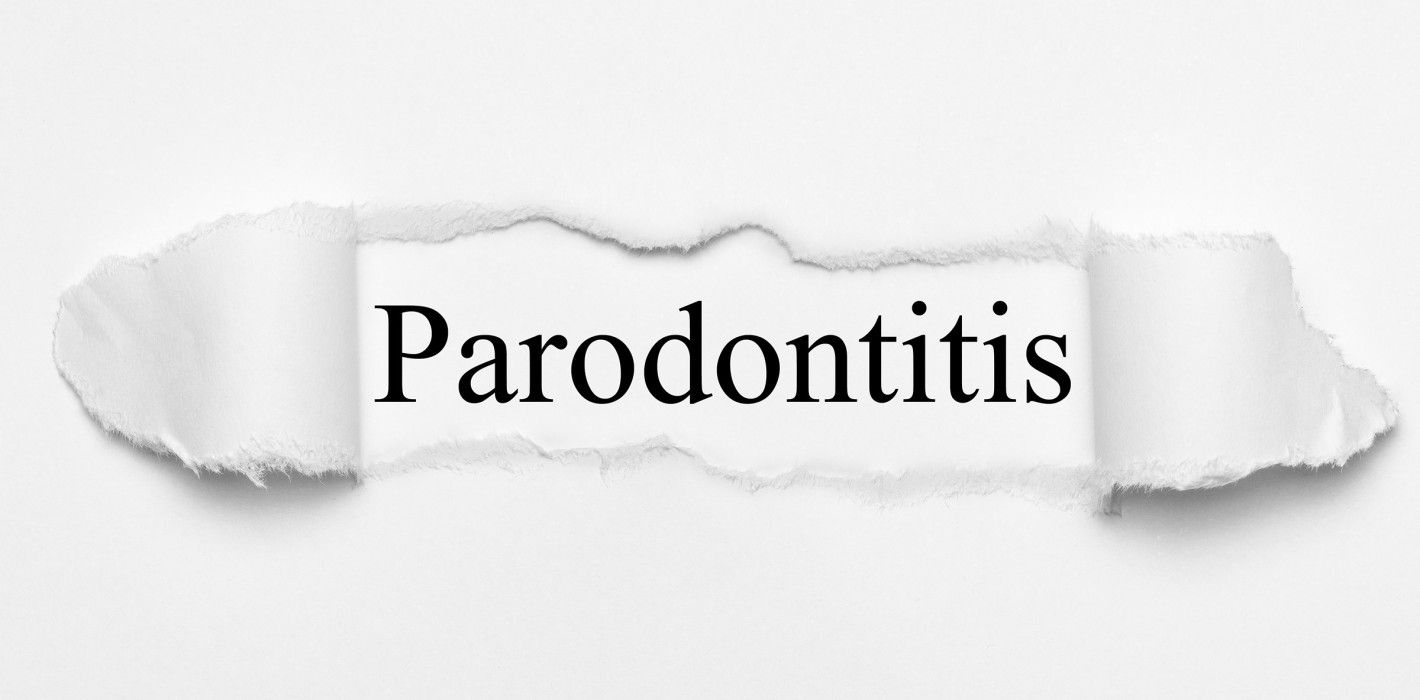The blog of the Fiorenzo Fraschina dental practice in Lugano
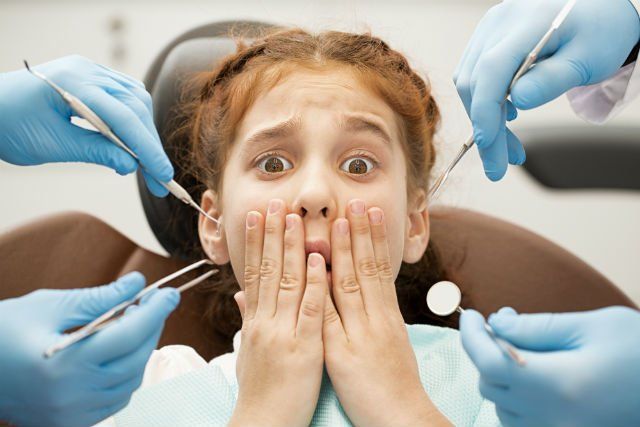
Bruxism - simply put, the habit of grinding or clenching the teeth - consists of more or less intense activity of the masticatory muscles, which occurs mainly during sleep. Here are some important tips. Many people grind or clench their teeth: an estimated one-fifth of the population suffers from bruxism. In some cases the teeth may be damaged and, in more sensitive people, cause headaches, jaw or neck pain. However, some people also clench their teeth during the day, for example, when they are tense and need to concentrate (in this case we speak of bruxomania). In cases of intense bruxism, up to 100 pounds of pressure is exerted on the jaw. The most frequent cause is stress. Usually the concentration of the masticatory muscles is caused by stress or psychic overload. During sleep we tend, in fact, to process stress by "grinding" our daily problems. In some cases, antidepressants or substances such as alcohol can also cause bruxism. One thing is certain: rubbing the surfaces of the teeth results in progressive wear of the teeth, sometimes even fractures. In cases of intense bruxism, teeth can become particularly sensitive and mobile. Other disorders also occur in the temporomandibular joint and at the level of the masticatory muscles, resulting in facial pain and the appearance of headaches. Therapy Therapy involves applying a so-called "night splint" (Michigan ferula), which does not inhibit bruxism but protects the teeth and prevents pain, allowing the muscles to relax. Many people are unaware that they grind their teeth. If you find out that your partner (or your child) suffers from bruxism, make him or her aware of the problem right away so that they can take action before damage to the teeth arises Reimbursement of treatment for a bruxism problem Only diagnostic therapies are recognized under the basic health insurance; however, the costs of making the bite and the dental laboratory are excluded. If the Michigan plate becomes necessary as a result of an accident (Art. 31 KVG, e.g., as a result of so-called whiplash), the health insurance reimburses all costs.

Fear of the dentist is very common; often this phobia causes one to reschedule important checkups and treatments, thus aggravating one's health status. Those suffering from an acute form of dentophobia will certainly have experienced feelings during dental visits that are manifested by states of panic accompanied by tachycardia, sweating, and nausea. Only a very small percentage of people are affected by this most severe form of dentophobia, but at the same time there is a very significant number of people who are afraid to go to the dentist for a wide variety of reasons: fear of the anesthesia needle, feeling of suffocation during treatment or while taking impressions, very low pain threshold, traumatic experiences suffered as a child. The difficulty of making it to the dentist can over time have negative effects on people's health; the state of tissue health worsens leading to tooth loss, persistent pain, bad breath, decreased self-confidence due to a dental appearance that is no longer "pleasing." A beautiful smile is the best calling card we can show when we present ourselves, which is why today we can overcome dentist phobia thanks to conscious sedation.
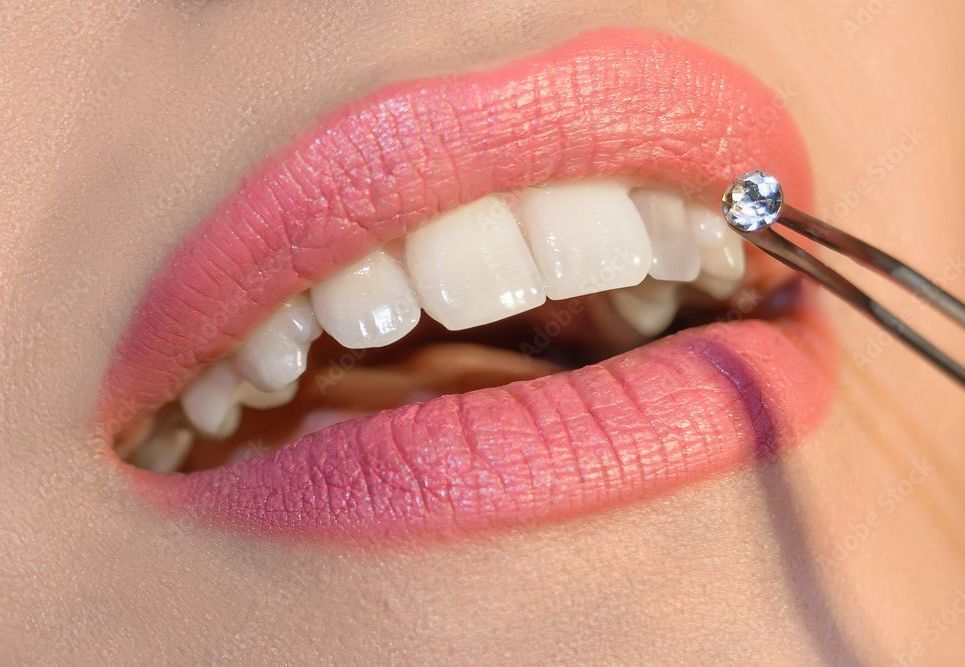
Some people like...shiny. Dental jewelry especially appeals to young women. But what needs to be paid attention to? Glitter or small stones are glued onto teeth with a special product and can be removed quite easily. This kind of jewelry is considered not very dangerous, provided, however, that those who wish to wear them have them applied properly, take care of their oral hygiene, and have regular checkups by their dentist. Dental jewelry should be applied by a dentist, who first checks whether oral health and hygiene are sufficient and whether the enamel on which it will be applied is healthy. The dentist bonds the jewelry with a specific product, also used for white fillings. Is parental consent needed? If a minor wants to decorate their teeth with a glitter, they must have parental consent. Although the application of these jewels does not represent any difficulty, it is still a small intervention on the teeth. It should be pointed out that the placement of gemstones such as diamonds (real glitter) is possible, but it should be known that in order to attach them, it is necessary to drill slightly into the healthy tooth to allow the tip to fit. At our practice we have chosen to apply Swarowski brand glitter. For any information or application of glitter we gladly remain at your disposal and you can contact us at 091/921.01.71

The 77-year-old patient has front teeth with numerous interproximal (between teeth) and collar fillings. This situation no longer satisfies the patient who would like a younger smile. The 77-year-old patient has front teeth with numerous interproximal (between teeth) and collar fillings. This situation no longer satisfies the patient who would like a younger smile. We performed a smile "facelift" by first proposing a sustained whitening with the product ZOOM2 and in a second phase we made 6 ceramic veneers on the upper teeth. The result obtained is truly amazing and the patient is 100% satisfied, happy that even at an advanced age one can have a "facelift" of one's smile. For any information or glitter applications we gladly remain at your disposal and you can contact us at 091/921.01.71
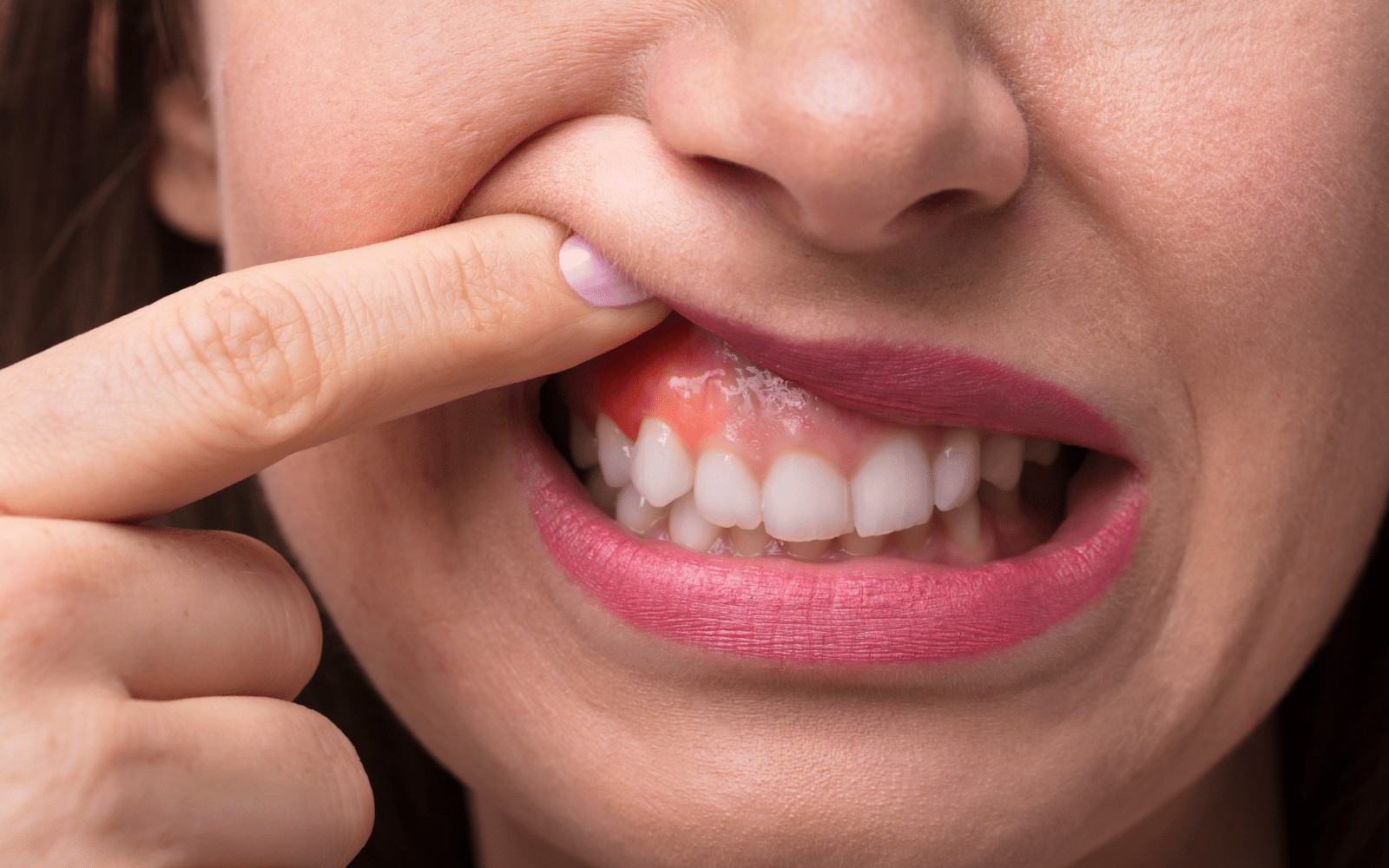
It may happen that following the loss of a tooth due to causes such as trauma, an 'infection, or the extraction of a tooth that occurred long ago, the conditions for it to be replaced by the placement of an artificial root (implant) are no longer met. In fact, the placement of an implant requires an adequate amount of bone to allow for a good fit and durability. In the case of a bone defect, reconstruction can be done by grafting autologous bone taken mostly from the jaw or in cases of minor defects by simply adding a bone substitute. Bone loss varies from one patient to another, and depending on the situation, the simplest and most appropriate treatment is found. If you too need a tooth replacement and would like information about treatment options, you can contact us at 091/921.01.71

The sun has an important effect on the health of our organism and brings many benefits on a psycho-physical level. As well as counteracting anxiety and depression, the sun helps stimulate the production of vitamin D: an essential element for the development and growth of bones and, of course, teeth. Numerous studies have shown that abnormalities in tooth structure reveal different episodes of vitamin D deficiency in an individual's life. The strength of teeth and bones depend on their mineralisation; vitamin D regulates calcium absorption, its levels in the blood and the mineralisation of teeth and bones themselves. Exposing ourselves to sunlight can also help our oral health!
A good dose of sunshine can also be supported by a diet rich in fruit and vegetables, allies of healthy oral health. Among the foods we prefer to consume during the high summer temperatures are some that are very useful for preserving teeth (and tan). Among seasonal fruits, we can put strawberries on our shopping list: containing malic acid, they act as a natural astringent to remove the stained surface of teeth.
Let's not forget yellow peaches: thanks to their calcium and potassium they are a valuable ally for strengthening teeth and bones.
Celery and carrots contribute.

According to a study conducted by the University Medical Centre Groningen, the Netherlands, and published in the journal Plose One, chewing sugar-free gum for ten minutes after meals would help to capture around 100 million bacteria hidden in your mouth. From this point of view, chewing gum really does clean your teeth, as its elastic and adhesive priorities trap bacteria and food residues between the teeth. However, it is important to understand that chewing gum is not a substitute for flossing and brushing. It is an extra support to improve oral hygiene, which you can integrate into your daily tooth-cleaning routine. Be careful though, for dental health only sugar-free gum should be used.
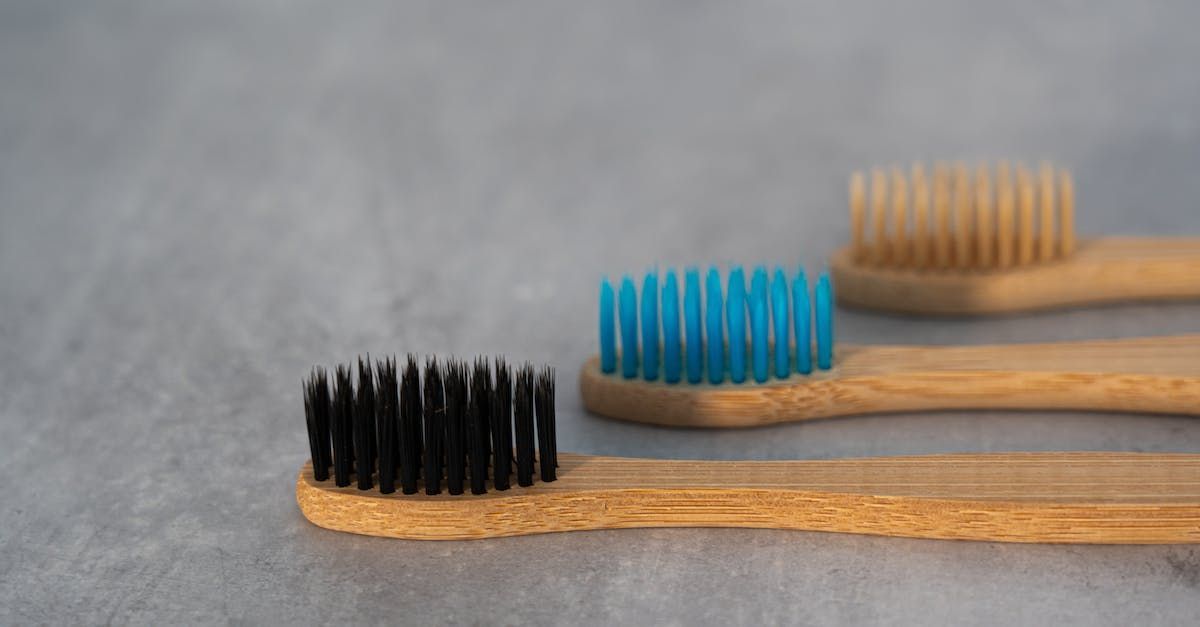
In addition, milk also contains phosphorous, which is essential for the development of a baby's bones and teeth while it is still in its mother's belly. After birth, milk continues to be a very important food for our teeth.
Its regular intake reduces the risk of developing caries, not only by strengthening the enamel, but also by counteracting the action of mouth bacteria. If we then consider that a recurring problem in dental care is the lack of adequate bone support for the upper and lower dental arches, strengthening the jaw and jawbones by drinking plenty of milk from an early age is a useful prevention! What if I really don't like it? Of course, for those who don't like milk, there are replacement drinks (such as those made with almonds) that provide a comparable amount of calcium to that contained in milk. The only thing to keep in mind when consuming milk and dairy products is to try to brush your teeth after consuming them in order to remove the lactose that settles on your teeth and which, like sugar, feeds the bacterial flora in your mouth.
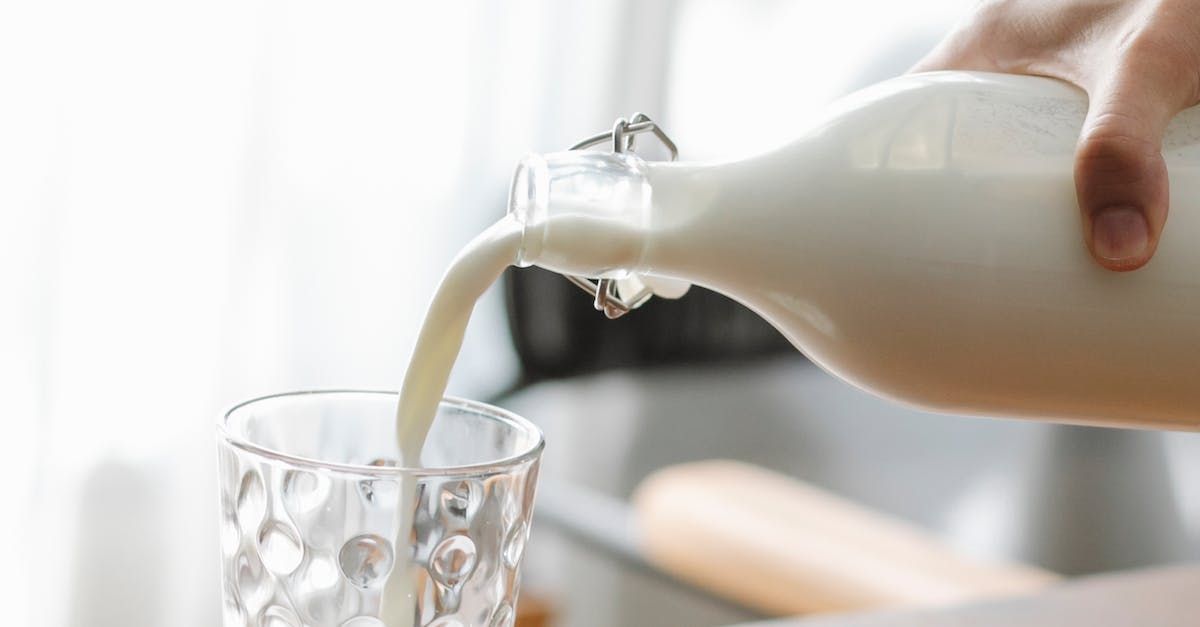
It is a fact that the 'product' milk is not experiencing a period of great popularity.
Consumption in the industrialised world in general is declining, due to a change in food tastes and in the common perception of what is or is not healthy to eat. In short, 'drink milk that is good for you' no longer seems to be a phrase often uttered in our homes... However, without going into the merits of everyone's personal taste, it is only fair to inform about the dental health benefits of this nutritious food. It is difficult to overestimate the importance of Calcium in our diet.
Suffice it to say that this mineral is the most abundant in the human body, accounting for 1 to 2 per cent of a person's total weight and almost 40 per cent of the minerals in the body.
Calcium, therefore, is important for the health of our bones, but is taken in too small quantities by a large part of the population. In fact, just one cup of milk contains about 300 mg of calcium.
A considerable part of the daily recommended amount, which is between 1,000 and 1,300 mg (and which can easily be reached by eating milk products such as cheese, or meat, green leafy vegetables, nuts...). In addition, milk also contains Phosphorus, which is essential for the development of a baby's bones and teeth while it is still in its mother's belly. After birth, milk continues to be a very important food for our teeth.
Its regular intake reduces the risk of developing cavities, not only by strengthening the enamel, but also by counteracting the action of mouth bacteria. If we then think that a recurring problem in dental care is the lack of adequate bone support for the upper and lower dental arches, strengthening the jaw and jawbone by drinking plenty of milk from a young age is a useful prevention! What if I really don't like it? Of course, for those who don't like milk, there are replacement drinks (such as those made with almonds) that provide a comparable amount of calcium to that contained in milk. The only thing to keep in mind when eating milk and dairy products is to try to brush your teeth after consuming them to eliminate the lactose that settles on your teeth and which, as sugar, feeds the mouth's bacterial flora
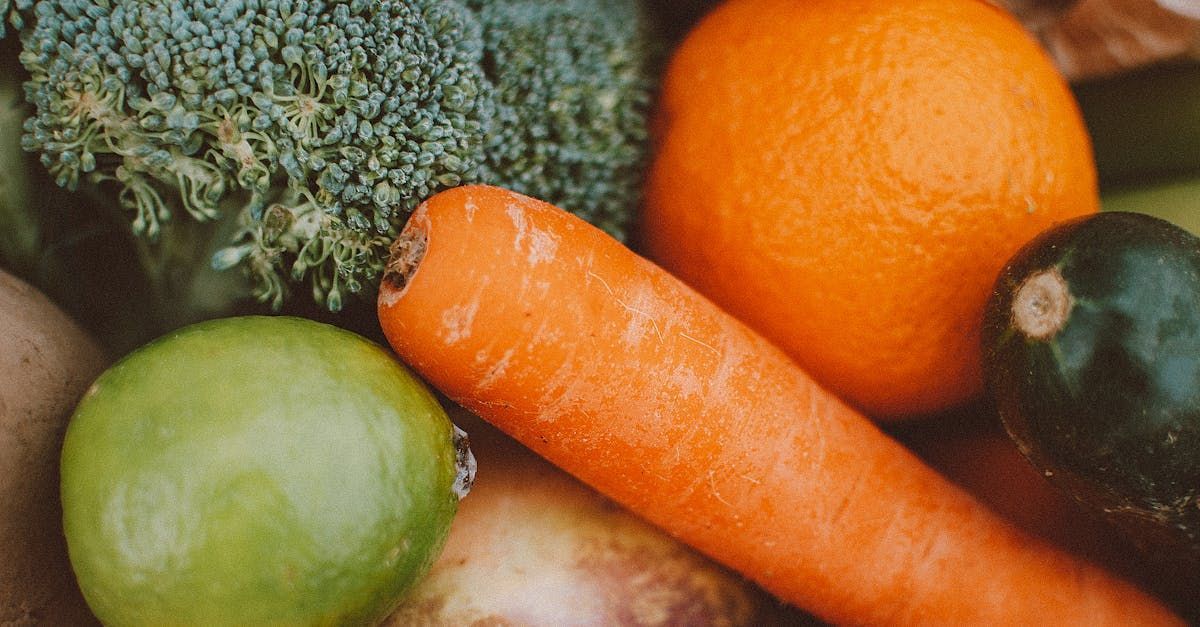
Taking care of your diet is the first step to a beautiful smile and a healthy mouth. Chewing fruit and vegetables rich in fibre - such as celery, broccoli and apples - stimulates the production of saliva, which is the first and natural cleaning barrier in the mouth.
The more saliva we have, the better our teeth are protected. Moreover, due to their fibrous component, these foods naturally 'brush' the teeth, thus preventing the formation and accumulation of plaque. Leafy vegetables (salad, spinach...) and pulses are moisturising and help prevent gingivitis, being respectively rich in vitamin A, a friend of the mucous membranes, and vitamin B, with anti-inflammatory properties

Pregnancy is a time of joy for every woman.
It is very important, however, that you approach it with awareness and plan a series of interventions that ensure total serenity during this delicate phase, especially with regard to dental health. If you and your partner wish to plan a pregnancy, we recommend that you visit your dentist now for a check-up and in order to plan in advance those interventions that can resolve any problems that may exist before starting this new life journey. There are in fact some oral diseases that can affect pregnancy: periodontal disease, so-called pyorrhoea, has been shown to cause premature or underweight foetuses.
Mothers who suffer from it must therefore take special care. gums in pregnancy You should also know that ongoing hormonal and physical changes can affect the health of the oral cavity.
A fairly frequent problem is, for example, increased exposure of the gums to swelling due to changes in salivation. Prevention and scrupulous oral hygiene!
Similar problems can often be prevented by following scrupulous oral hygiene at home, which must be even more careful than normal



